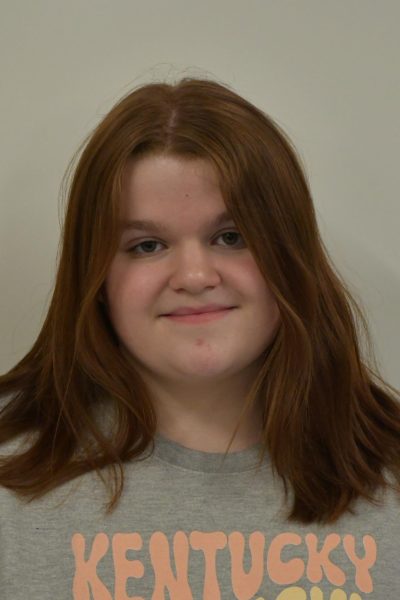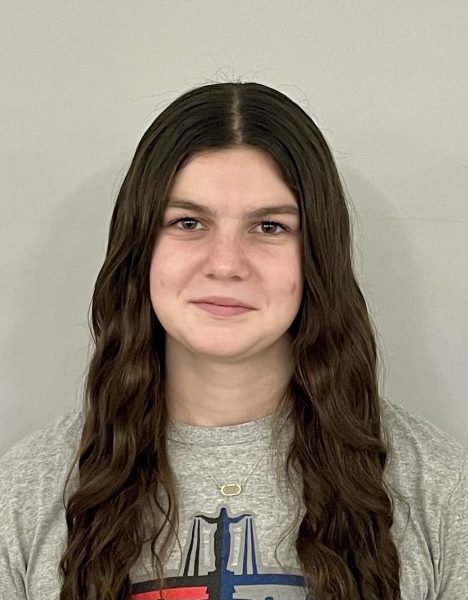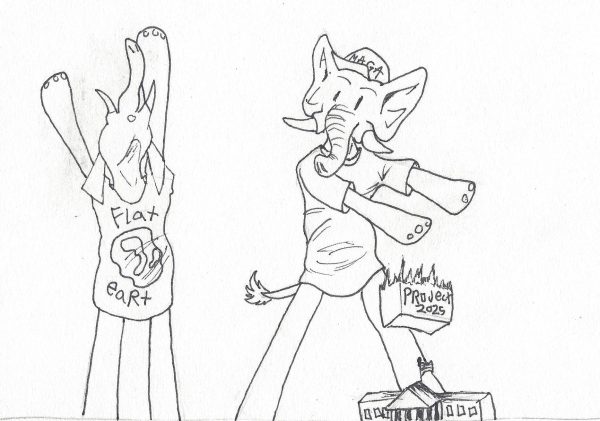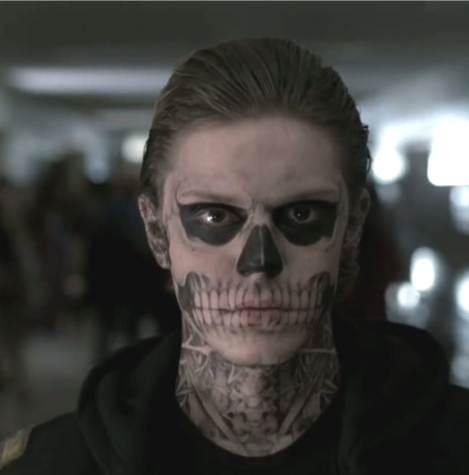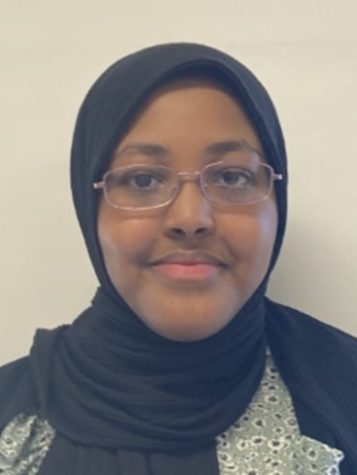Being open to learning about racism will help America find a way forward
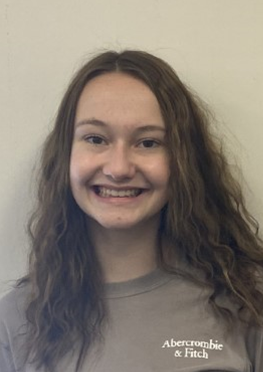
Grace Robinson
May 24, 2021
A year has passed since George Floyd, Breonna Taylor, Elijah Mclain and others have been murdered due to police brutality and racism in the United States. Racism has targeted people of the black community ever since at least 1619.
Slavery started in North Americas in 1619 when the ship the White Lion brought 20 African slaves ashore on the British colony of Jamestown, Va., and this part of the world has been dealing with issues related to racism ever since.
Growing up; my parents taught my sister and I the basic facts of racism and how it is purely wrong. When I was younger, I never treated anyone differently because of their skin color.
I never even noticed anyone being racist until I entered middle school. It wasn’t until my sixth grade year that I realized what classmates were saying about other students of minority races.
It was a huge eye opener for me; I could never fully wrap my head around the fact that some people perpetuate racism.
My eighth grade year was when I became more educated about the black community and racism in general.
My older sister Caitlin just graduated from college at this time with a degree in black history.
Caitlin helped me better understand what is happening in the community and how it has been happening forever. The topics that she educated me on really pushed me to try and help the black community in its struggle for equality.
More recent events have shown how addressing police brutality is part of that struggle.
On May 25 2020, Minneapolis police officers arrested Floyd after a convenience store worker reported to the police that he allegedly bought cigarettes with a counterfeit twenty dollar bill.
Seventeen minutes after the police arrived on the scene, Floyd was unconscious showing no signs of life and pinned beneath three police officers.
Shortly after midnight on March 13 2020, Louisville police officers came into Taylor’s house with a search warrant; Taylor and her boyfriend, Kenneth Walker, were in bed and were awoken by a loud bang on the door.
They both feared that it was Taylor’s ex-boyfriend, so Walker shot and hit a police officer in the thigh.
The police responded by firing several shots, hitting Taylor five times. In total, the police shot 10 rounds blindly into the apartment.
On August 24 2019, McClain was walking home from a convenience store when someone called the Police in Aurora, Colo. stating that he looked ¨sketchy.¨ When the police arrived, they struggled to detain McClain and brought him to the ground and used a carotid hold which restricts blood to the brain to render someone unconscious.
McClain went into cardiac arrest on the way to a hospital. He died a few days later.
Some may claim that these are isolated incidents and not evidence of racism, but these cases show a pattern of police brutality against the black community in the United States.
These are some of the cases that caused protesters to stand up for what was going on in this country. These victims were fathers, paramedics, massage therapists, musicians and everyday people.
The victims’ stories broke my heart, and I needed to somehow make an impact in everything that was happening. My sister and I went to multiple peaceful protests and tried to make a difference.
I have never experienced racism, and I could never imagine how it feels, but I try to be educated on the situation and open to learning more.
Recognizing that there is more to learn is the first step in moving America past racism.
